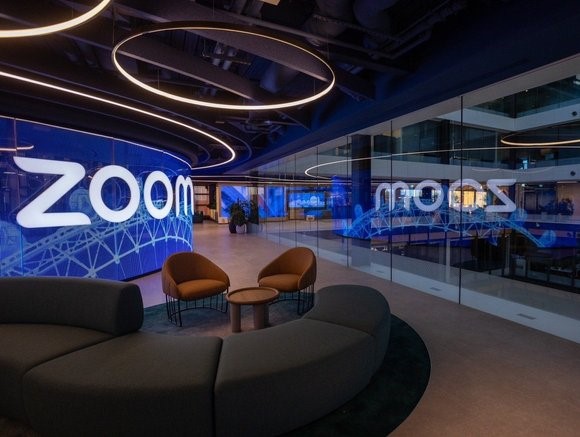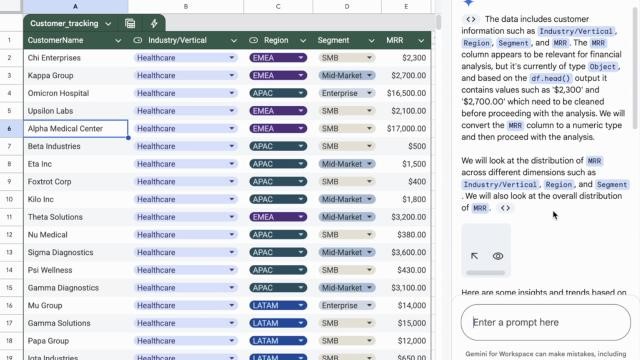Microsoft's Cloud Computing Business to Grow Slowly Due to Data Center Shortage
Microsoft Corp. has announced that its cloud-computing business will experience slow growth in the current quarter, as the company faces challenges in building sufficient data centers to meet demand for its artificial intelligence products.

Figure 1. Slow Growth Expected for Microsoft's Cloud Computing Business Due to Data Center Shortage
The Azure cloud division is projected to grow by up to 32% in the fiscal third quarter, showing little acceleration compared to the last three months of 2024. Shares of the company dropped around 5% in after-hours trading. Figure 1 shows Slow Growth Expected for Microsoft's Cloud Computing Business Due to Data Center Shortage.
Based in Redmond, Washington, Microsoft is recognized as a leader in commercializing artificial intelligence products, largely due to its partnership with ChatGPT creator OpenAI. Over the past year, Microsoft has rolled out numerous Copilot-branded AI assistants, although monetizing these products has proven slower than some investors anticipated.
Microsoft reported that Azure AI services grew by 157%, but overall cloud unit sales are being impacted by the ongoing data center capacity shortage. Chief Financial Officer Amy Hood explained that this capacity issue is expected to be resolved by the end of the fiscal year.
Current Growth Projections
Microsoft has projected that its Azure cloud division will grow by up to 32% in the fiscal third quarter. While this is positive growth, it's slower compared to previous periods. The pace of expansion is tempered by limitations in data center capacity, which is hindering the company’s ability to meet the surging demand for its cloud and AI products.
AI Demand Driving Cloud Growth
Microsoft has become a leader in integrating artificial intelligence (AI) with its cloud services. The partnership with OpenAI and the launch of Copilot-branded AI assistants have significantly driven demand for Azure’s AI offerings. Although these products are in high demand, the physical infrastructure (data centers) needed to support them isn't growing fast enough to meet this demand.
The Data Center Shortage Impact
The company’s cloud growth is being constrained by data center shortages, which limit its ability to expand cloud services to new customers or scale up for existing ones. As a result, despite strong demand for AI-driven services like Azure AI, Microsoft's cloud unit is experiencing bottlenecks, preventing it from capitalizing fully on the opportunities in the market.
Azure AI Performance
On a positive note, Microsoft reported that Azure AI services grew by 157%, signaling a substantial rise in interest for its AI-powered cloud offerings. However, while the AI segment is thriving, it is still impacted by the infrastructure limitations, slowing the overall growth potential of Azure's broader cloud services.
Future Outlook and Capacity Expansion
Despite the current challenges, Microsoft’s Chief Financial Officer (CFO), Amy Hood, has indicated that the capacity constraints should ease by the end of the fiscal year. This suggests that once data center infrastructure is expanded, Microsoft’s cloud computing business could see an acceleration in growth, fueled by the increasing demand for AI-driven products and services in the market.
Strong AI Integration with Azure
Despite the challenges, Microsoft's Azure cloud division continues to grow, driven by its integration with artificial intelligence (AI) products. The partnership with OpenAI, which powers products like ChatGPT, positions Microsoft as a leader in AI cloud services, offering significant opportunities for long-term growth.
Diversified AI Product Offerings
Microsoft has released a wide range of AI-powered tools under the Copilot brand, making it an attractive choice for enterprises looking to integrate AI into their operations. These offerings help differentiate Azure from other cloud providers, even as the company works through data center capacity constraints.
Robust Revenue Growth in AI Services
The 157% growth in Azure AI services demonstrates the rising demand for Microsoft's AI solutions. This growth in specialized cloud services highlights Azure's potential to capture a larger share of the rapidly expanding AI market, providing a significant revenue stream.
Large Customer Base and Ecosystem
Microsoft's existing enterprise customers and vast ecosystem of software products (e.g., Windows, Office, Teams) provide a solid foundation for continued cloud growth. This interconnectedness ensures a stable demand for Azure services, even as the company faces challenges in expanding its infrastructure.
Resolution of Capacity Constraints
Microsoft’s commitment to resolving the data center shortage by the end of the fiscal year suggests that the current limitations are temporary. Once the capacity issues are addressed, the cloud business is expected to accelerate, capitalizing on the growing demand for AI products and services.
Source: Business Standard
Cite this article:
Priyadharshini S (2025), Microsoft's Cloud Computing Business to Grow Slowly Due to Data Center Shortage,AnaTechMaz, pp.103















